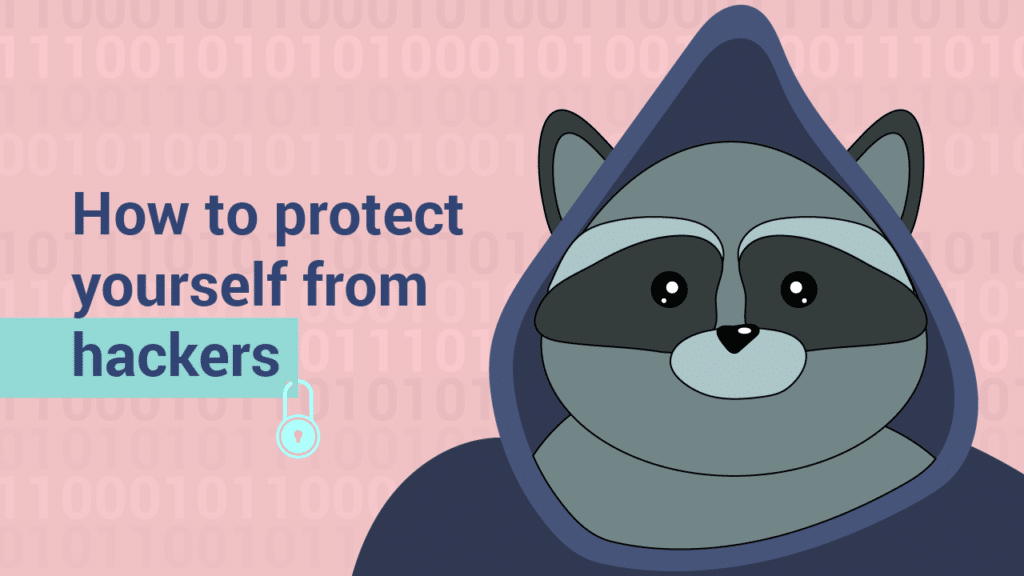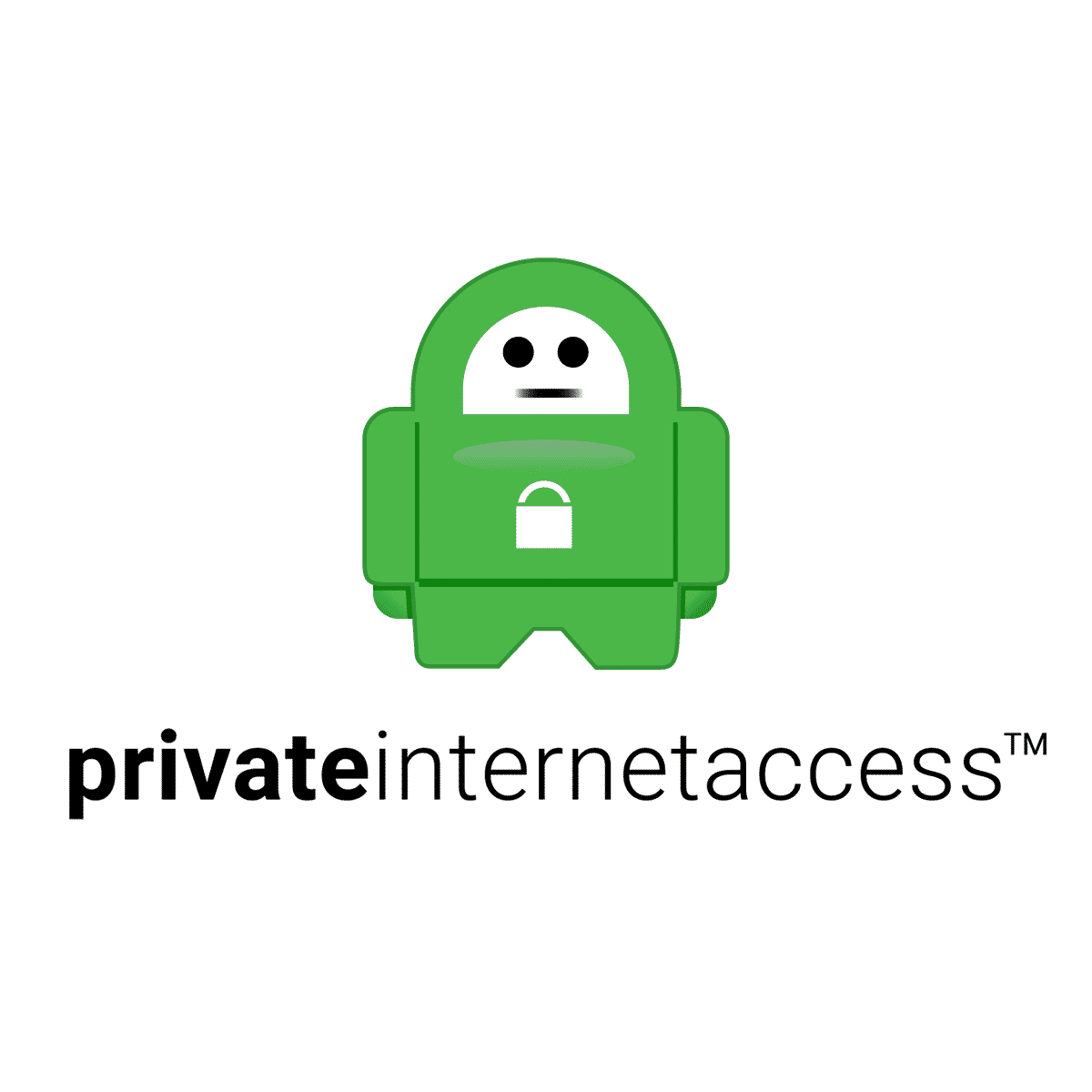How to Protect Yourself From Hackers

Hacking is one of the most popular and most destructive cybercrimes. It comprises a set of activities carried out to compromise security and break into networks, computers, smartphones, and other devices. From lone individuals to organized groups, hackers have various tools for breaking into devices and carrying out their illegal acts, increasing the need to protect yourself from hackers.
Their tactics range from social engineering to malware to brute force attacks. Many people do not take the necessary security precautions, which leads to them falling victim to hackers. Instead of waiting unprotected till you become a victim, it is better to take adequate measures to keep your devices and information safe. This article will examine the effective ways through which you can protect yourself from hackers.
Simple Ways to Help Protect Yourself From Hackers
Hackers can pull off very devastating attacks. Every year, people lose lots of money and private information to hackers and may not be able to recoup their losses. Though hacking is one of the risks associated with using the internet, cutting yourself off from the internet because of this is almost impossible.
However, there are measures you can take to protect your valuable information from falling into the wrong hands. Below are some ways to protect against hackers.
1. Update Your Operating System and Other Software Regularly
There are many vulnerabilities, bugs, and backdoors in outdated operating systems and some device software. Hackers know this and regularly try to take advantage of this. They can detect these bugs and backdoors and have the tools to exploit them in order to gain access to devices. One way to protect yourself against hackers is to install the necessary software and OS updates regularly.
Software developers and publishers often release periodic security and feature updates to fix these bugs and offer additional protection against malware and hackers. You can enable automatic updates for your OS and browser programs, or you can manually download the needed security updates, though the first option is the most recommended. When downloading updates, it is essential to download them from the official software developer.
2. Install Security Programs
Security programs such as antivirus software can protect against ransomware, spyware, malware, and other tools used by hackers. Also, ensure you activate a firewall on your device. Firewalls monitor web traffic and help to block intruders from gaining access to the device through the internet. Many operating systems have inbuilt firewall systems that offer extra protection against hackers.
A firewall can also keep your device hidden while connected to a network. When using such operating systems, all you need to do is to enable the firewall. You can enable the firewall on Windows OS through the System and Security option on the Control Panel. If your device does not have an inbuilt firewall, you can download software to protect your device from hackers.
Once you have enabled a firewall, you can test the level of protection it offers by running it through a port test service. This will check if the port settings are wrong or have been changed by malware. Through this, you can get information about whether your device is vulnerable to attacks over the internet or not. After installing security programs, ensure you update the security software regularly to get the latest security updates.
3. Limit the Information You Share
One way many people fall victim to hackers is by sharing too much private information on the internet. Hackers only need bits and pieces of your private information to do much damage. Also, oversharing sensitive information over the internet can make you a target for hackers looking for new victims.
If you have to share sensitive information on a website, ensure the website is secure and that nobody can trace the information back to you. Hackers use gathered information on the internet for phishing scams, identity theft, and data theft.
4. Use Strong Passwords and Two Factor Authentication
Passwords protect your devices and online accounts. However, if you use passwords that are easy to guess, you are at the risk of falling victim to hackers. Weak passwords such as birthdays, 1234, or 0000 make it easy for hackers to access your device through brute force attacks or other methods.
Due to this, it is important that you use strong passwords for all your devices and online accounts. A strong password will include a combination of letters, special characters, and numbers. Also, ensure you use different passwords for your devices and accounts. That way, if a hacker gains access to one account, the rest will not be compromised. To create and store unique passwords, you can use a reliable password manager.
Two-factor authentication also offers protection against hackers. It provides a double layer of security and makes it difficult for a hacker to access an account. If you need to choose answers for security questions, ensure you select a wrong or unique response that is only known to you. For example, your high school or mother’s maiden name can be easily guessed by hackers looking to access your account.
5. Avoid Suspicious Emails and Websites
Another way hackers get to numerous victims is through scam emails and websites. You may receive an email that looks legitimate, whether from an unknown sender or a sender disguising as a trusted contact. These emails usually contain attachments or links that malware has infected.
Once you open or download the attachment, spyware, or malware gets installed on your device without your knowledge, giving the hacker access to any information they want to get on your computer. Ensure you avoid emails from suspicious senders or emails containing unbelievable offers or fishy information.
Before you click a link or open a website, ensure you crosscheck the URL to see if it is legitimate or not. Some fake websites have misspelled URL versions of legitimate websites. They do this to trick unsuspecting users and once they click the link, the hacker can obtain the sensitive information they need. Websites that start with HTTPS are encrypted and are secure.
6. Perform Security Checks Regularly
There may be security bugs or loopholes on your devices that you may not know about. The only way to detect them is by performing regular security checks. Download strong antivirus programs and scan your devices for hidden malware and infected programs. You can also run through your device to check for unusual files or programs.
If you want a thorough security check, you can consult a trusted IT specialist who will perform a series of system tests to ensure your device is not vulnerable to hackers. Security checks can also include reviewing your passwords and changing them regularly.
Conclusion
Though hackers regularly devise new ways to get victims, you can still protect yourself by securing your devices and accounts before you suffer an attack. Your system security is not something to take lightly, as the effects of a cyberattack can be devastating.
To protect yourself from hackers, ensure you follow the security precautions we have mentioned in this article. Apart from these, also be on the lookout and remain updated on hackers’ news methods and the best ways to protect yourself from them.







